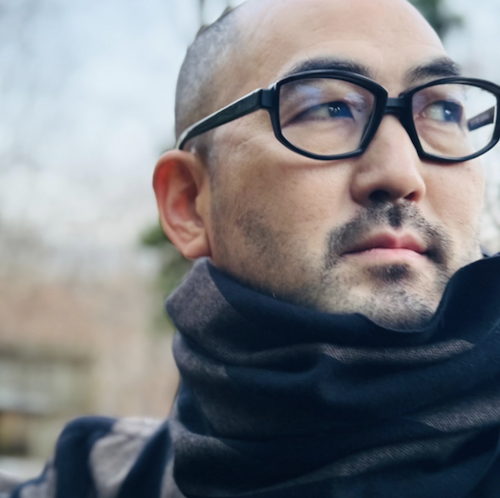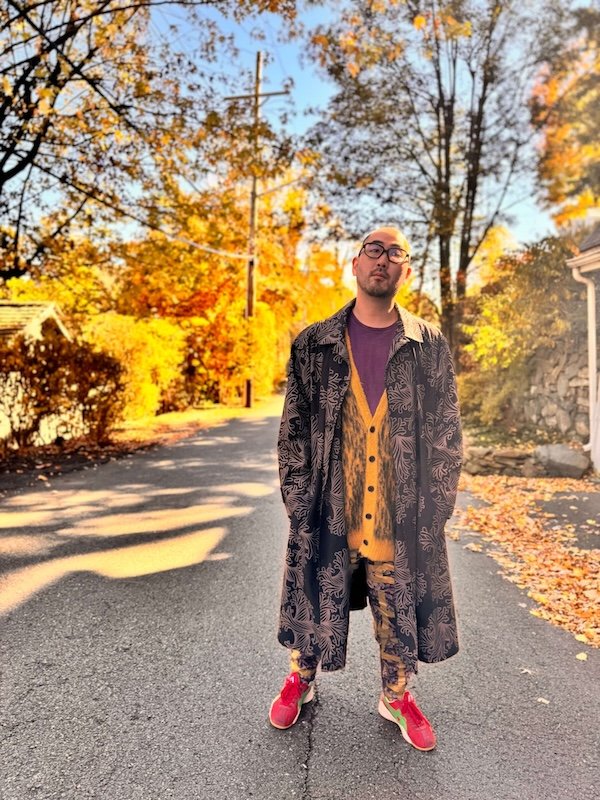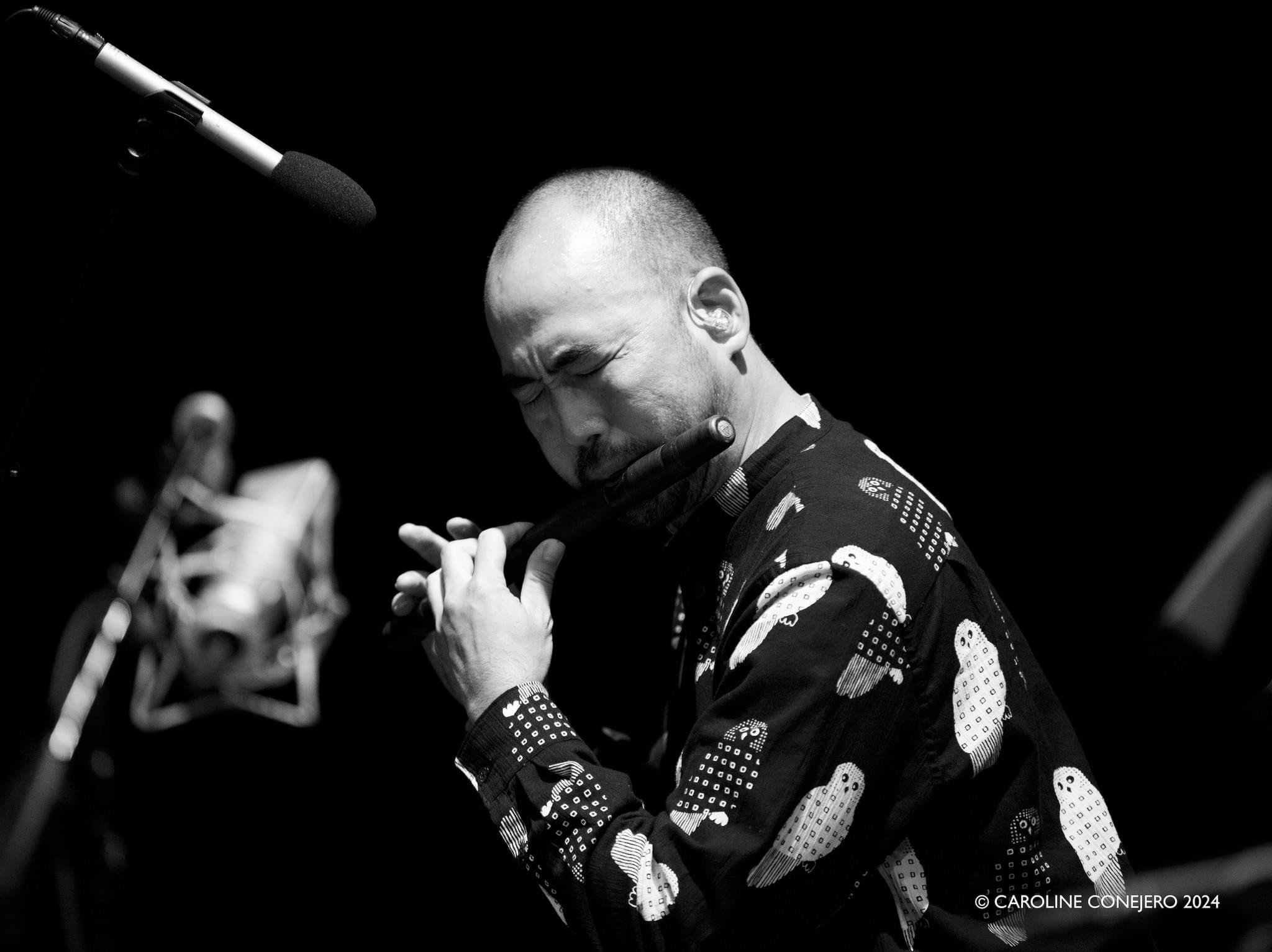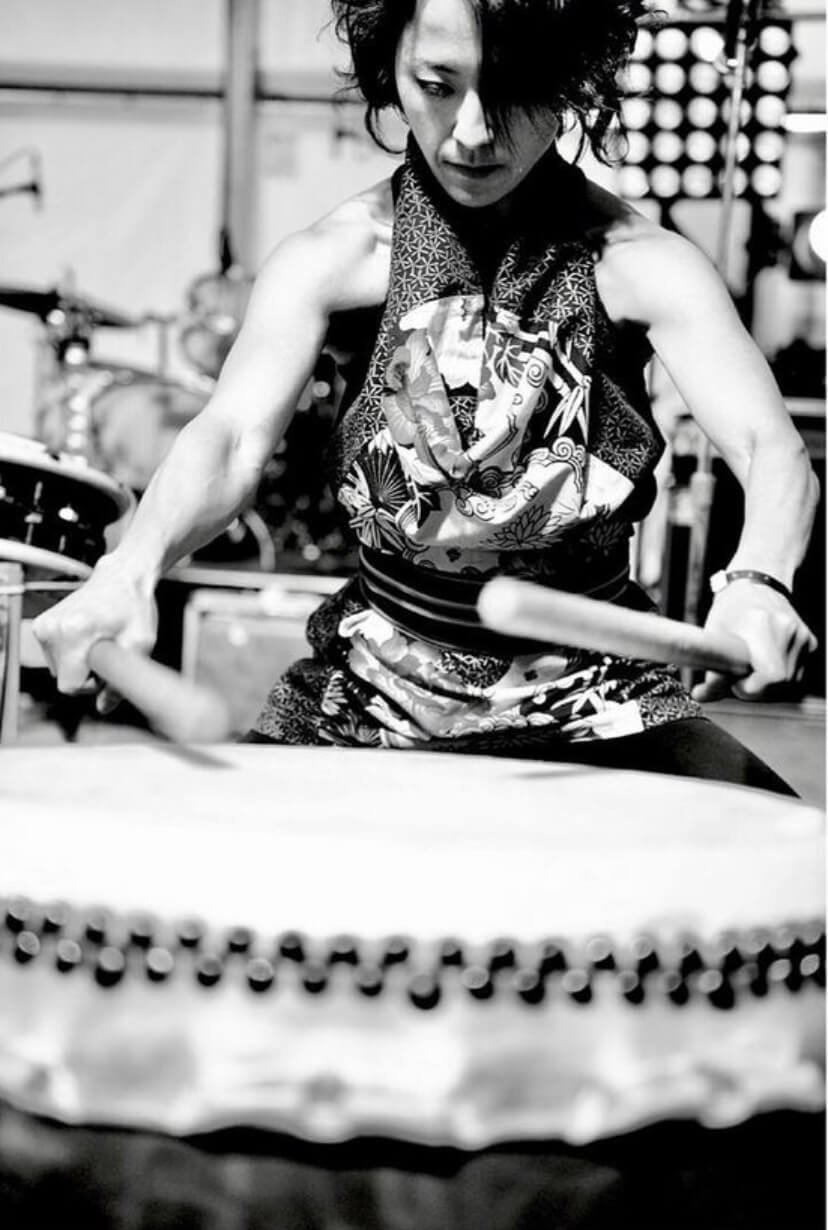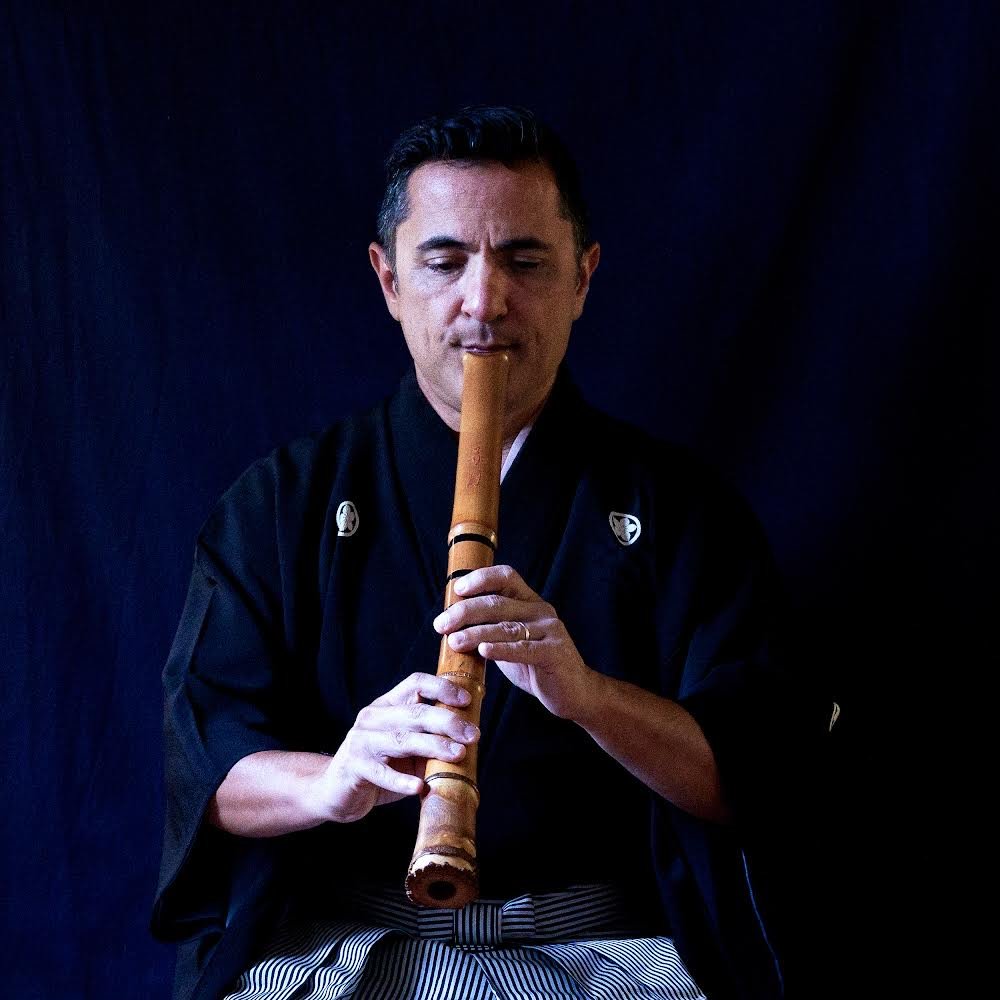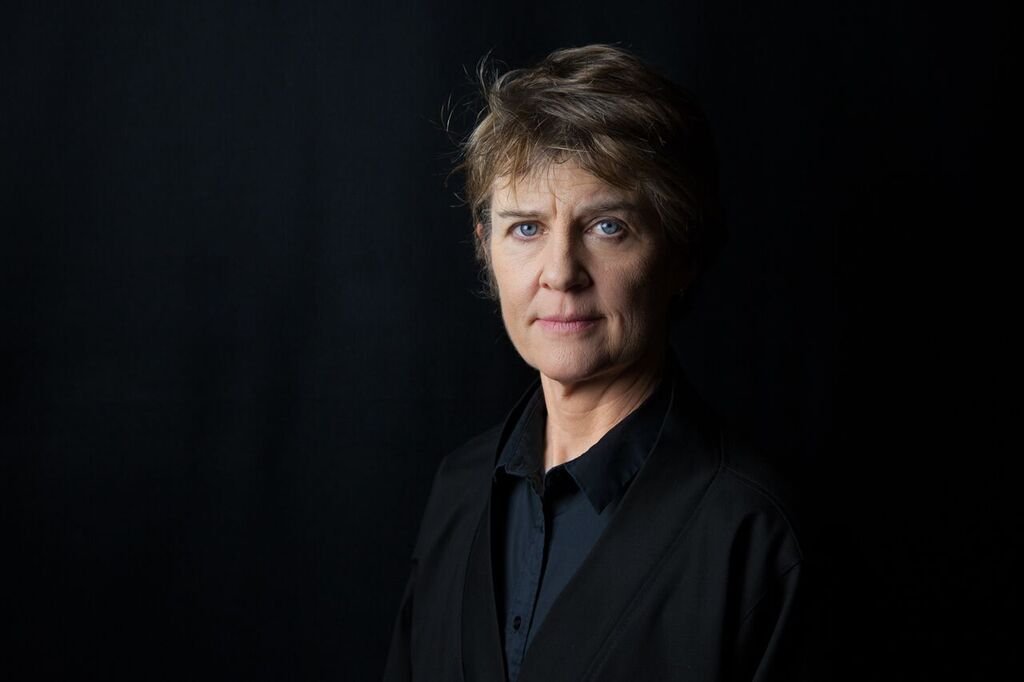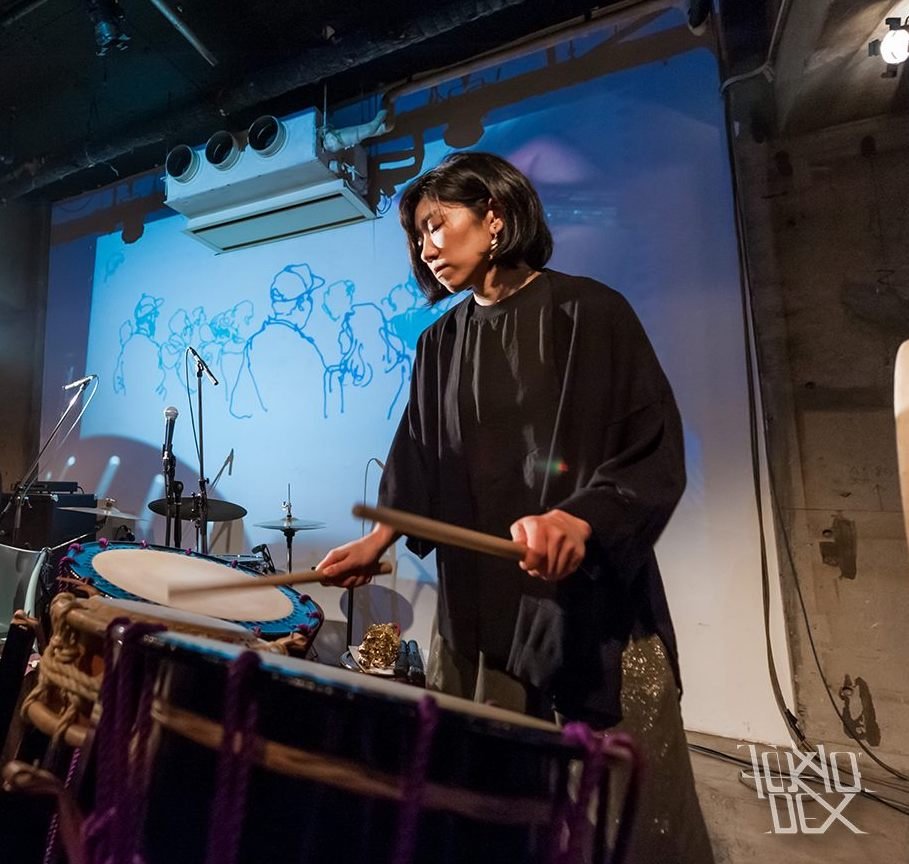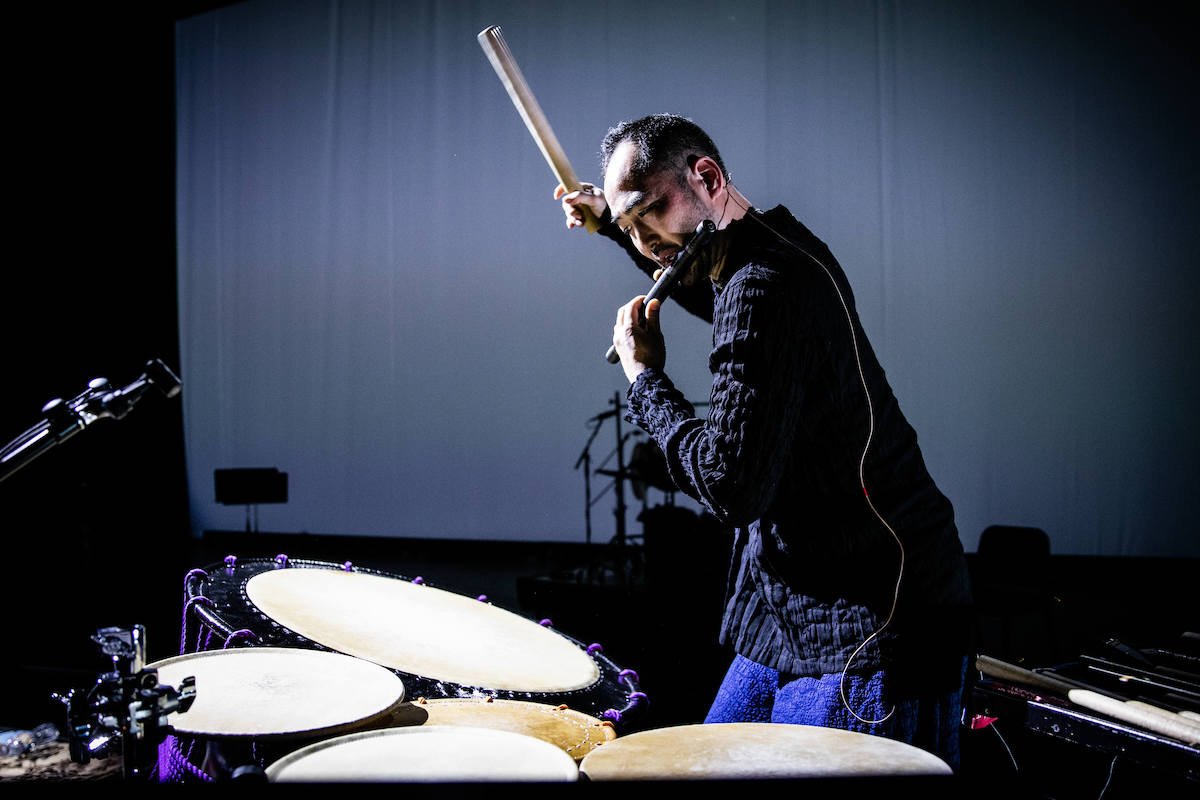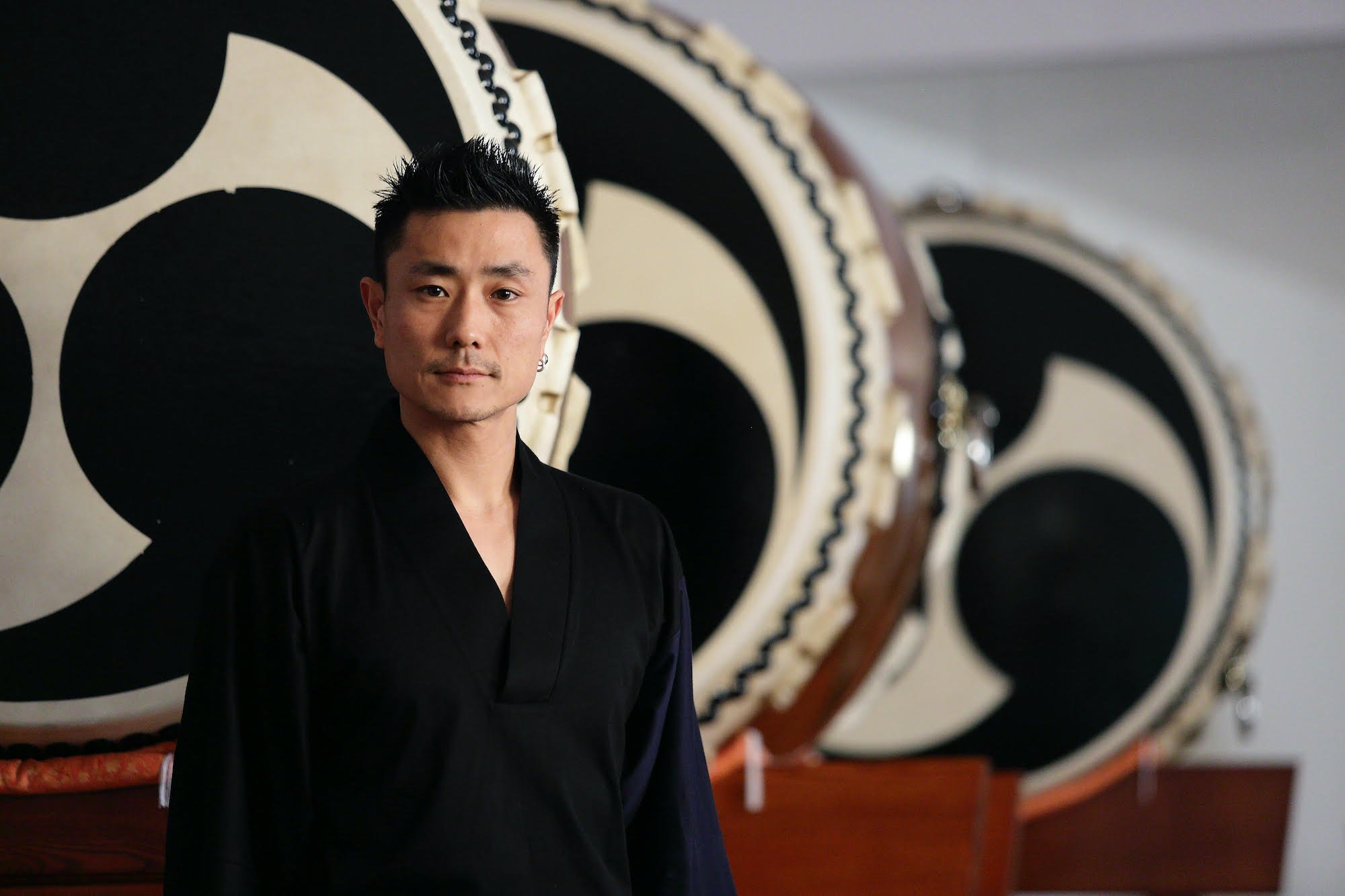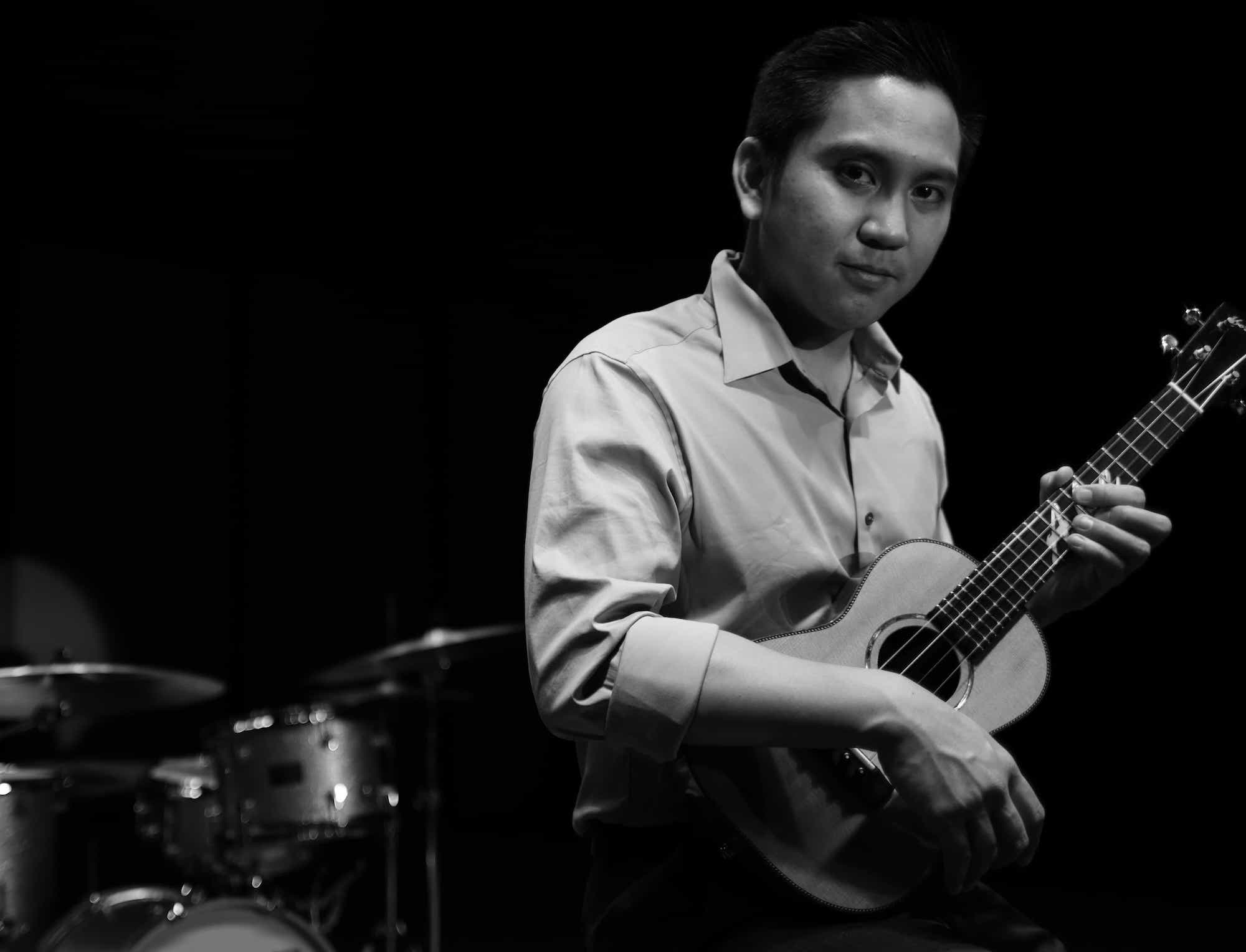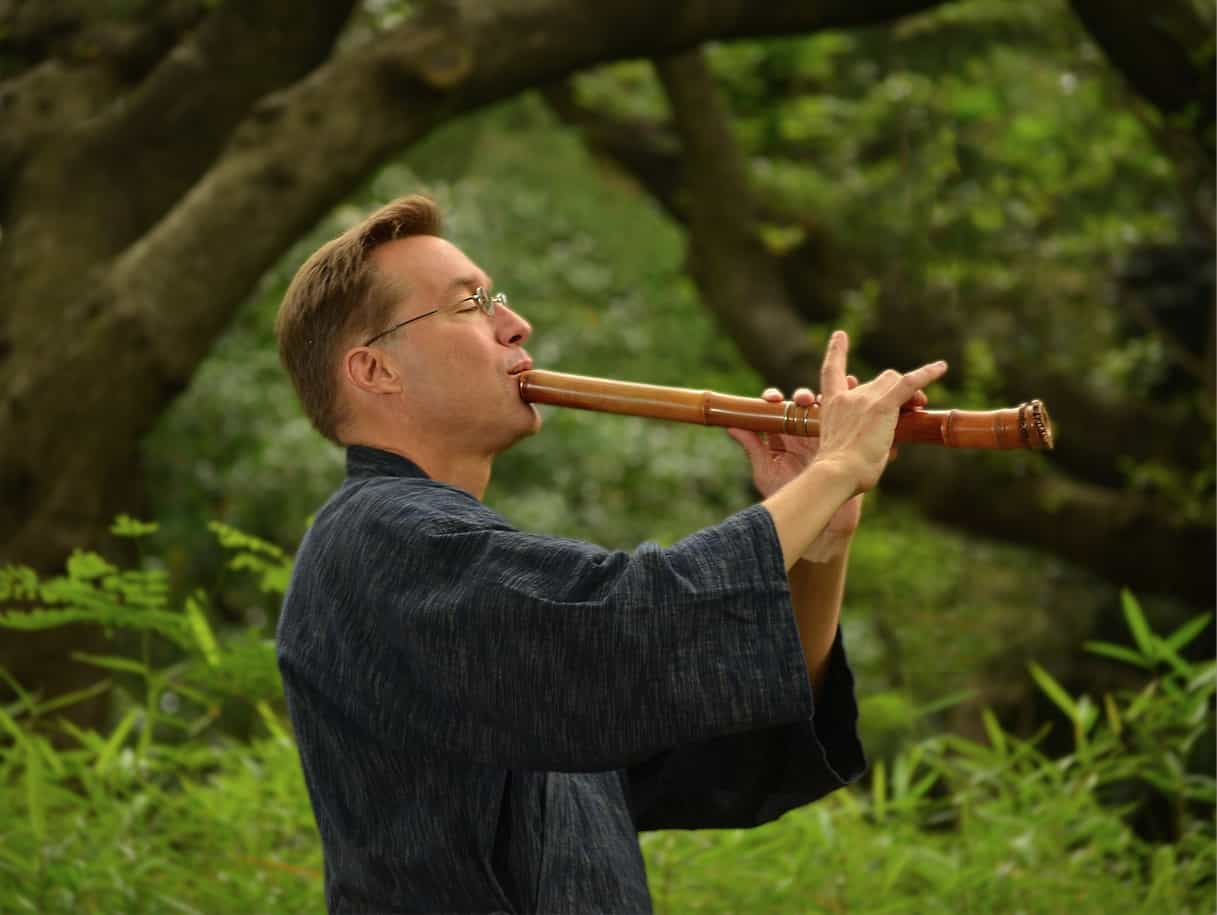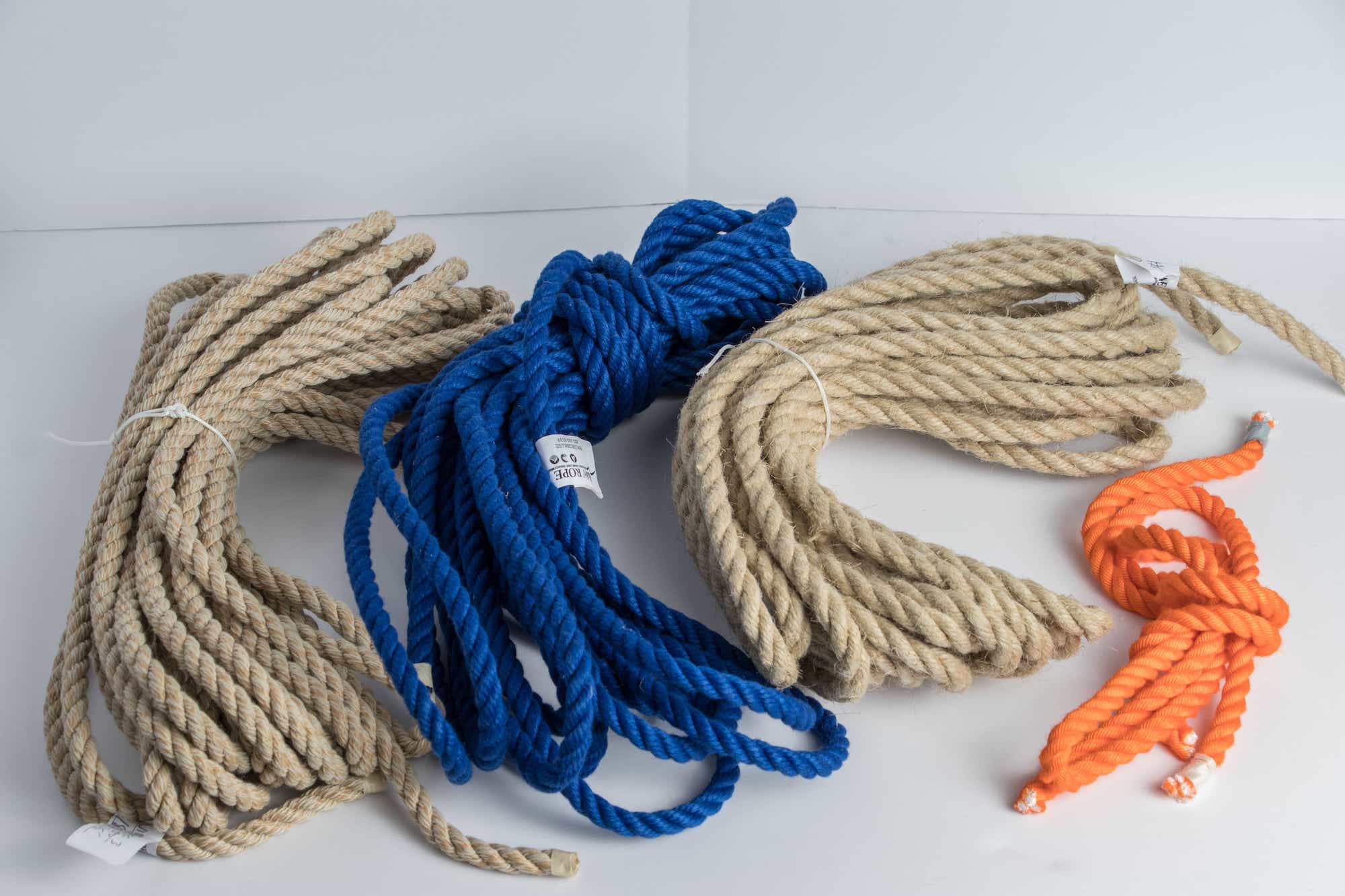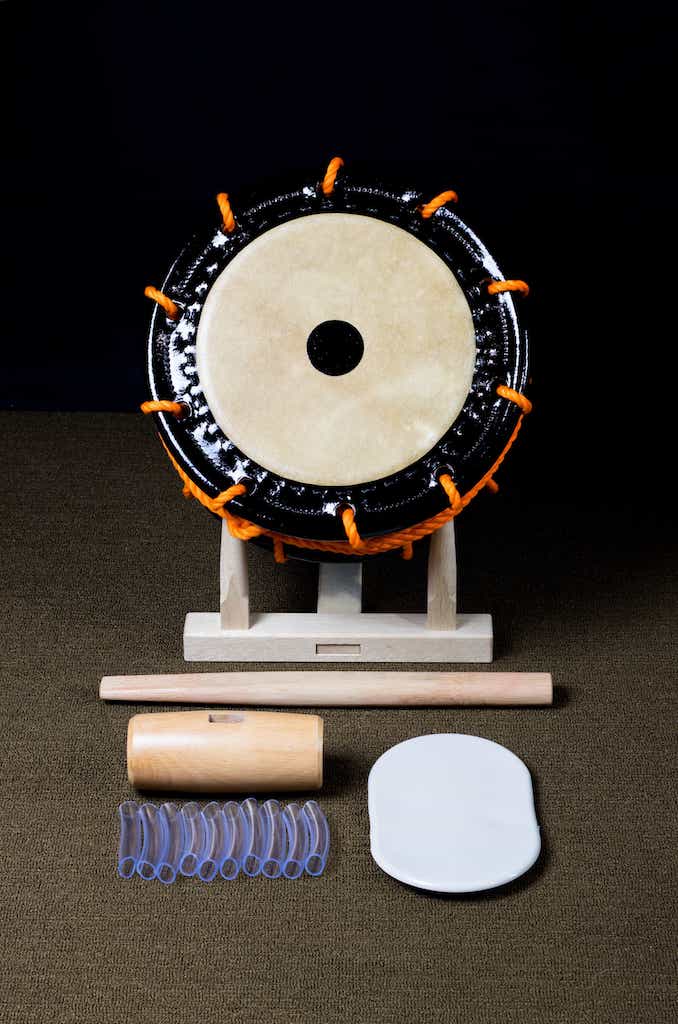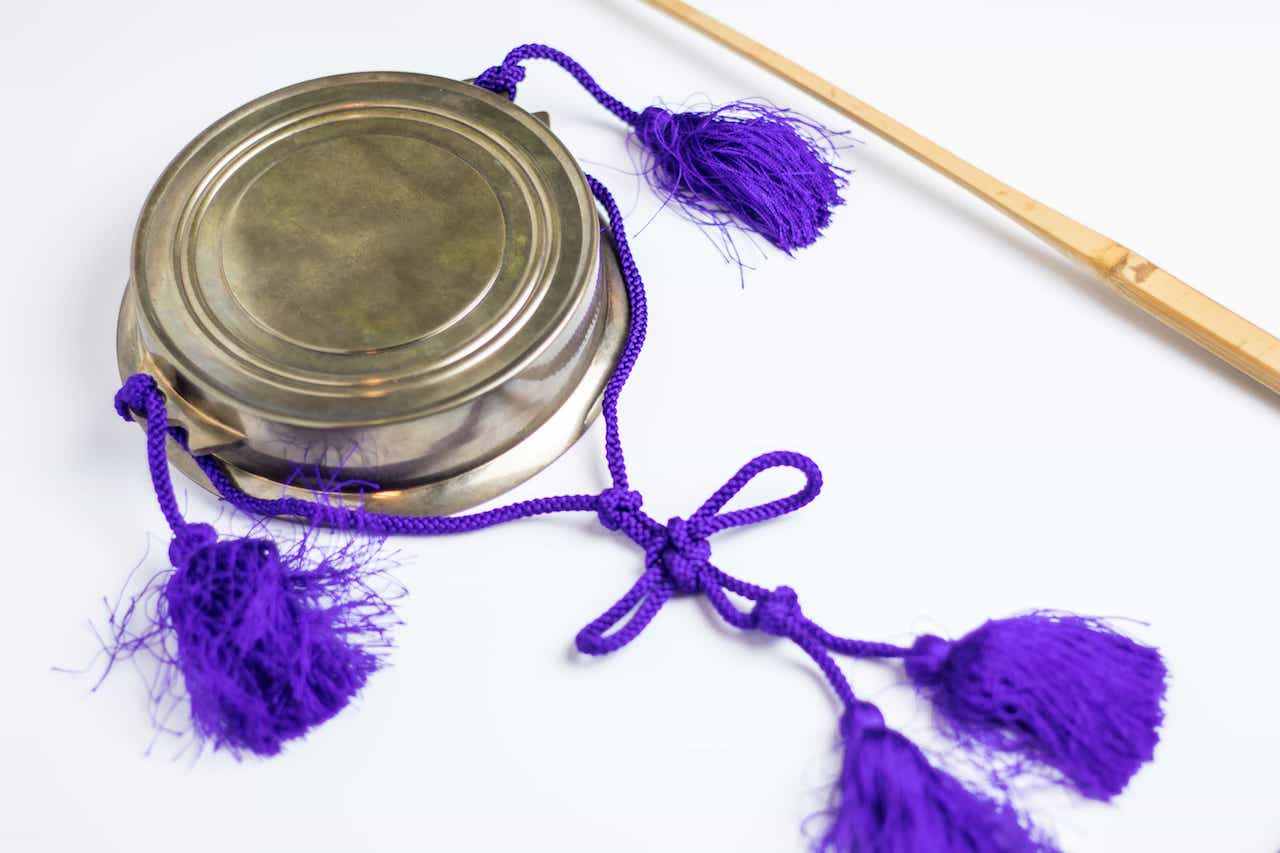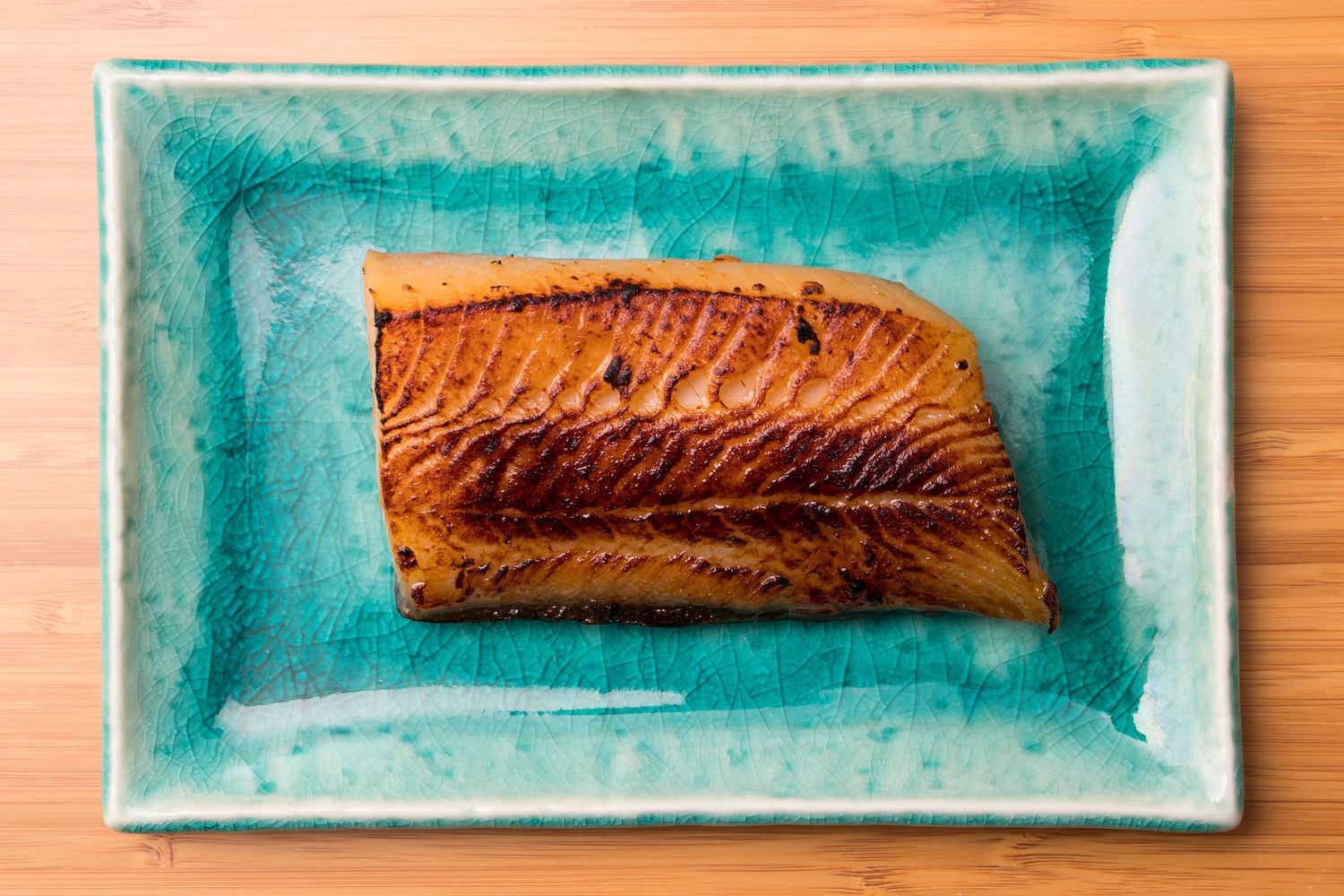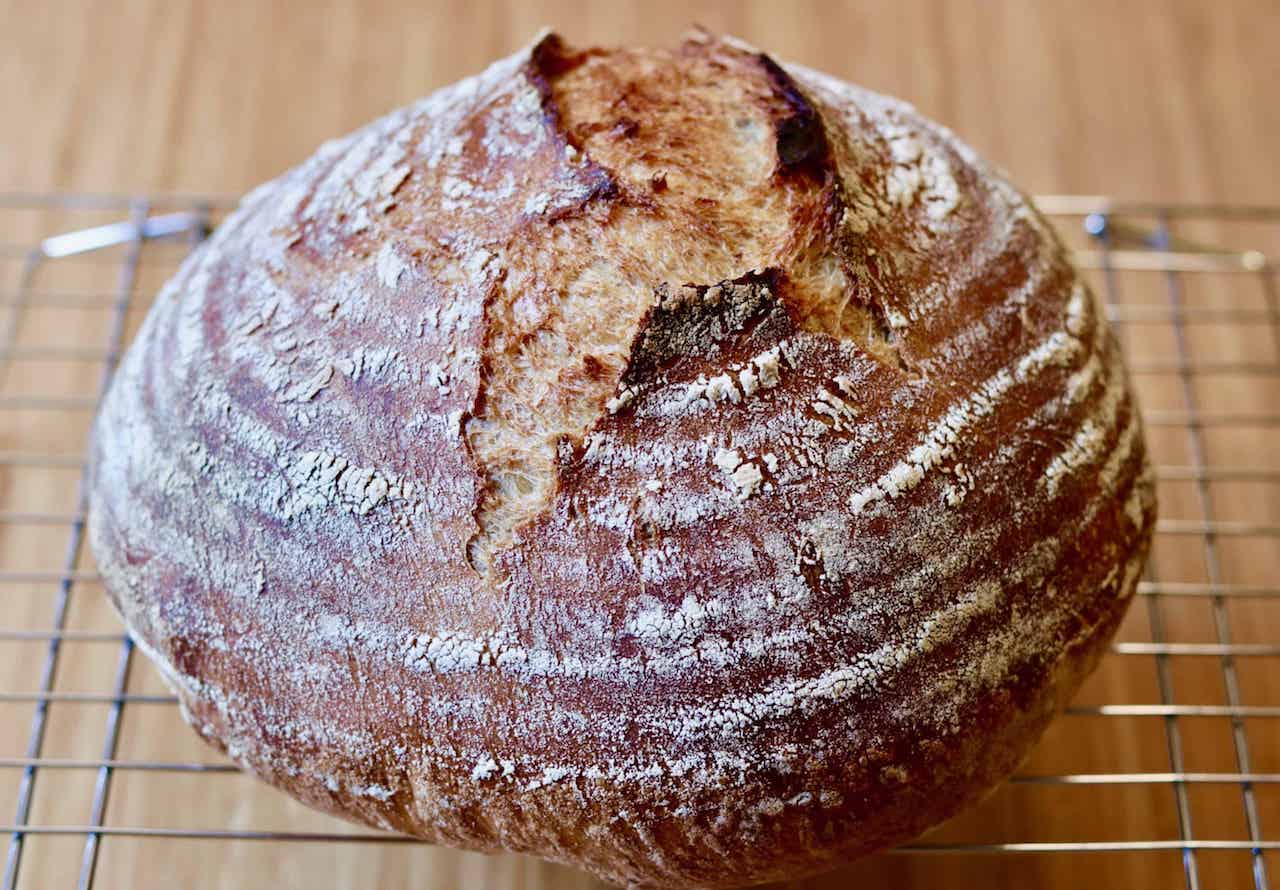Interview: Iris Shiraishi talks Midwest taiko, composing, teaching, and learning from Suzuki sensei

Iris Shiraishi of ensemble-MA
Recently I had a wonderful conversation with Iris Shiraishi of ensemble-MA. Iris kindly organized my Minneapolis workshops during my February Midwest teaching tour. It was a visit I was eagerly anticipating because of the opportunity to conduct a masterclass for Iris’s Edo Bayashi class. We have known each other for many years, and I feel like the rapport comes from our parallel experiences - the coalescence of Hawaii culture, music school, learning from Kenny Endo, and our ongoing study of Edo Bayashi and Edo Kotobuki Jishi with Kyosuke Suzuki sensei of Wakayama Shachu. In the interview, Iris talks about her musical start in Hawaii, earning degrees in composition and music therapy, and discovering taiko with Rick Shiomi and Mu Daiko. She also describes her own group concept with ensemble-MA, the transition of Mu Daiko under the new organization TaikoArts Midwest, and working with older adults through her outreach program TaikoAlive.
Iris provided two of her compositions for me to intersperse into the conversation: Soaring and In My Dreams. There are more videos of her original work on the ensemble-MA website so I would recommend checking them out. I also included a link to Iris’s feature in the PBS art series MN Original as well as the Mu Daiko 20th Anniversary concert and festival.

Iris Shiraishi of ensemble-MA
Iris Shiraishi is a musician and taiko player, a teacher, music therapist and arts administrator. She has degrees in composition (BM, MA), arts administration (MFA) and music therapy (PhD) from the Universities of Hawai'i, Iowa and Minnesota, and has been studying and performing taiko since 1997. A founding member of Mu Daiko under the direction of Rick Shiomi, she left a thriving music therapy practice to pursue a full-time career as a performer, composer, residency artist/instructor and administrator for Mu Daiko in 2002, eventually becoming its Artistic Director in 2010. She has received grants to study with Kenny Endo and Suzuki Kyosuke and in addition counts PJ Hirabayashi and Chieko Kojima as her most influential role models and teachers. Iris left Mu Daiko and formed ensemble-MA in 2014, a group of taiko players and musicians which is dedicated to learning the music of Edo Bayashi and original, taiko-based work. She has composed and premiered over 20 compositions for both e-MA and Mu Daiko and has taught literally thousands of taiko enthusiasts ages 3-103.
Links
ensemble-MA website
MN Original featuring Iris Shiraishi (PBS arts series)
Minnesota Taiko Festival
